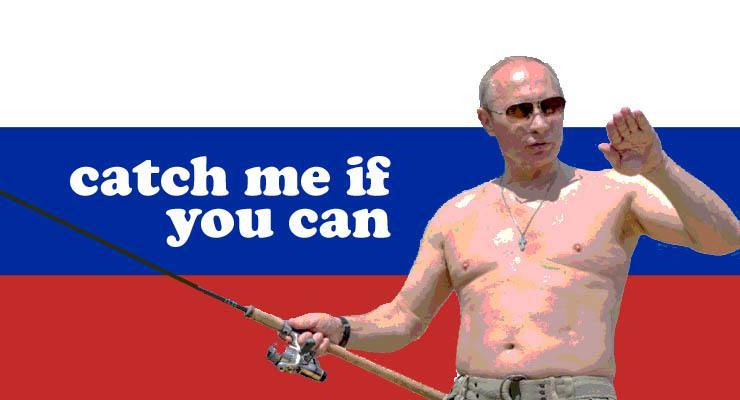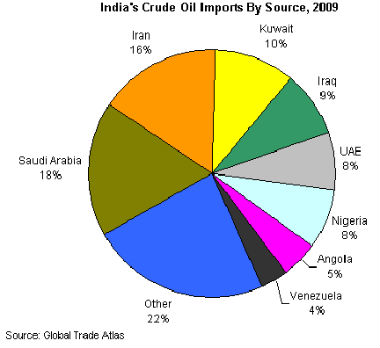
Russia and India, two of the cold war’s closest allies, have renewed their alliance as the two countries signed a new defense deal which will allow for Russia to be the main benefactor of the building of 12 nuclear reactors in India. The reactors are worth $3 billion each adding up to $40 billion in nuclear energy investment and $50 billion in crude oil power plants will also be built. The deal signed on December 11th comes at a time when Russia’s economy is struggling due to the global fall in oil prices and crippling sanctions from Europe over the Ukraine crisis.
“Even if India’s options have increased, Russia remains our most important defense partner”, Indian Prime Minister Modi told reporters following the singing of the defense deal – also known as the “vision”. Within the agreement, Russia agreed to build 400 new multi- role helicopters to help India upgrade its outdated military hardware, much of which is still of the cold war era.
 “We highly appreciate the friendship, trust and mutual understanding with Indian partners,” Russian President Vladimir Putin told reporters at a post-conference meeting. The vision agreement has been seen as a major accomplishment for Putin as his foreign policy has been struggling under the international pressure of sanctions on the Russian economy following the Russian army’s annexation of Crimea in March. Continued Russian support of pro-Moscow rebels in the civil war has angered many in Europe.
“We highly appreciate the friendship, trust and mutual understanding with Indian partners,” Russian President Vladimir Putin told reporters at a post-conference meeting. The vision agreement has been seen as a major accomplishment for Putin as his foreign policy has been struggling under the international pressure of sanctions on the Russian economy following the Russian army’s annexation of Crimea in March. Continued Russian support of pro-Moscow rebels in the civil war has angered many in Europe.
Following the agreement with India, Putin announced that he was cancelling the vacations for ministers and members of his government which are usually taken within the first couple of weeks in January. “The Government and its various structures cannot afford such extensive holidays, at least not this year,” Putin told his ministers on December 25th. “You know what I am talking about”.
According to Russian Economic Finance Minister Anton Siluanov, the national economy could shrink by as much as 4% in 2015. “We need to have our budget break even at $70 per barrel by 2017”, Mr. Siluanov went onto say, regarding the drop in oil prices and the struggle of Russia’s economy to recover. An anonymous head of treasury at a major Russian bank told Reuters, “If oil goes down to $50 per barrel, I don’t think our authorities will be able to artificially maintain the ruble rate even with higher sales by exporters”.
The deal with India may be Russia’s rare chance at getting some cash flowing into the Russian economy as the increase in what is known as capital outflow has increased since March. “Practically this may mean the increase of capital outflow from Russia, which would be necessary to replace instruments we have”, Russian Economic minister Alexa Ulyukayev said regarding a possible downgrade of the Russian economy to “junk” status by the credit ratings agency Standard and Poor’s that was narrowly avoided this week.
Opening new opportunities in India is essential to building Russia’s economy and strengthening alliances in Asia. Ultimately however, to save Russia’s economy Putin will have to change his ways, especially if he ever wishes to have the sanctions imposed on its economy lifted.
Leave a Reply